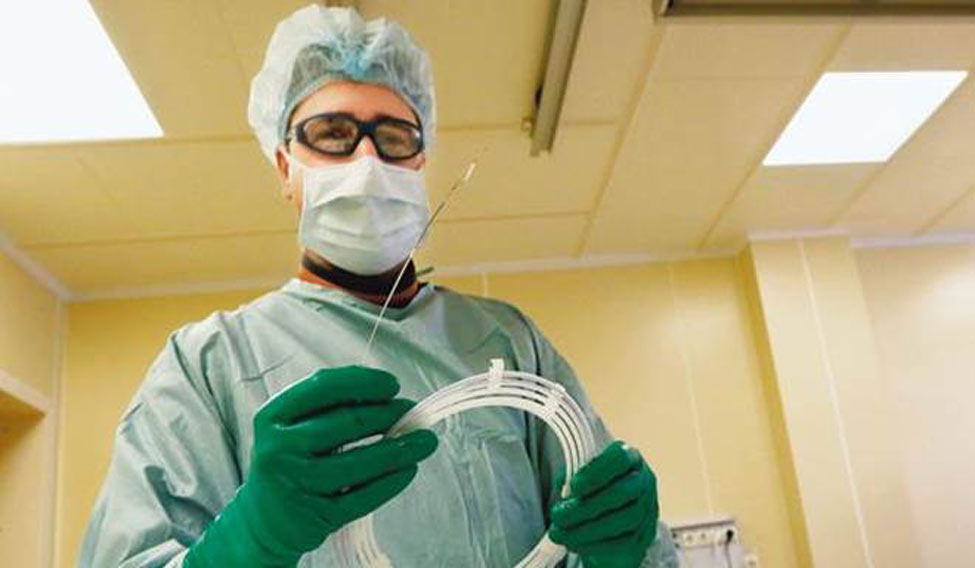The government's move to cap prices for medical devices such as coronary stents and knee implants is hurting “innovation”, and may even fuel reverse medical tourism, medical technology manufacturers concurred at an event in the capital.
The event, a conglomeration of global manufacturers of medical devices such as Medtronic, Johnson and Johnson, Abbott and Boston Scientific, brought forth their reservations against the government's major price control decisions this year – in February, prices of coronary stents were capped and last month, knee implants prices were brought down by a huge margin by the National Pharmaceutical Pricing Authority (NPPA) .
Some members of the Medical Technology Association of India (Mtal), an association of MNCs, maintain that such price caps are “populist” measures by a “high-handed” government, and feel that the move has hurt the cause of “research and development” in the field of medical technology.
As most officials from the Union Ministry of Health and Family Welfare, who were slated to speak at the event—including Anupriya Patel, minister of state, health and family welfare—failed to turn up, members of Mtal argued that there was a need for "sub-sectoring" and "sub-categorization" of medical devices on the basis of “engineering complexity.”
In the instance of coronary stents, one of the manufacturers argued that the government's move had not benefited patients. “Despite lowering the prices, some hospitals have told us that the numbers of patients getting stents has not gone up. Drop in prices has not had the intended effect that the government was hoping for,” insisted Probir Das, director MTal, and managing director, Terumo India, which is headquartered in Tokyo.
Das said that though the government insists that manufacturing costs will go down if the devices are manufactured in India, that was not the case. For that to happen, there have to be economies of scale. In India, there is enough need, but for that the infrastructure has to be created first. In such a scenario, if we manufacture locally, the product costs will increase, and not go down,” said Das.
It may be pertinent to point out that after the price cap move for coronary stents, international manufacturers had written to the NPPA to withdraw their products citing "commercial non-viability". Earlier this week, Abbott vascular moved the NPPA to withdraw its bio-resorbable coronary stent, following a decision to halt the product's sales globally because of commercial reasons. There were, however, safety concerns related to the product reported globally.
At the event, members of MTal said that a high cost went into ensuring quality—a low quality product could risk the life of a patient—and that a price cap meant that the government was "taking away a patient's right to choose" a higher-priced product.
"Manufacturers need to be transparent and initiate self-regulation. We are also looking to engage with the private sector in various expert bodies within the ministry to help understand their viewpoint," said D.N. Sahoo, deputy secretary, ministry of health and family welfare.




